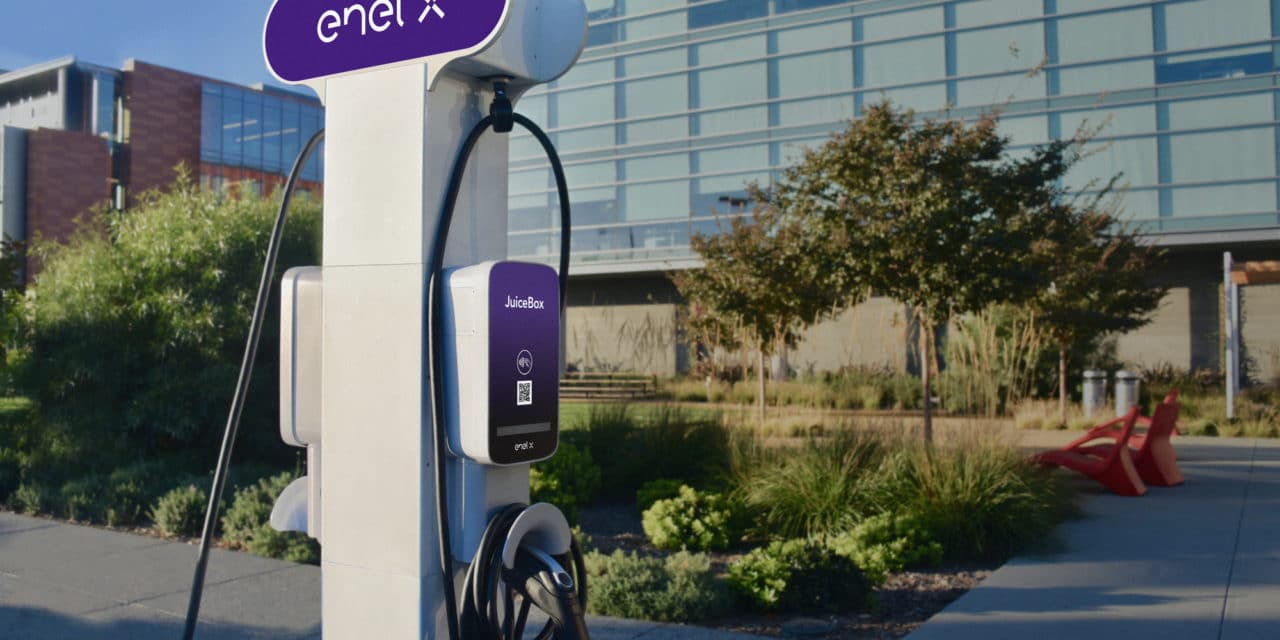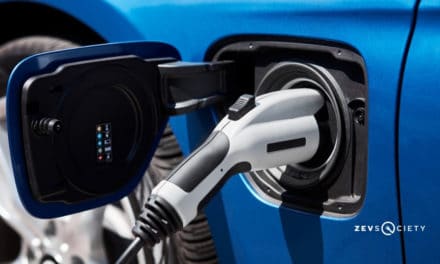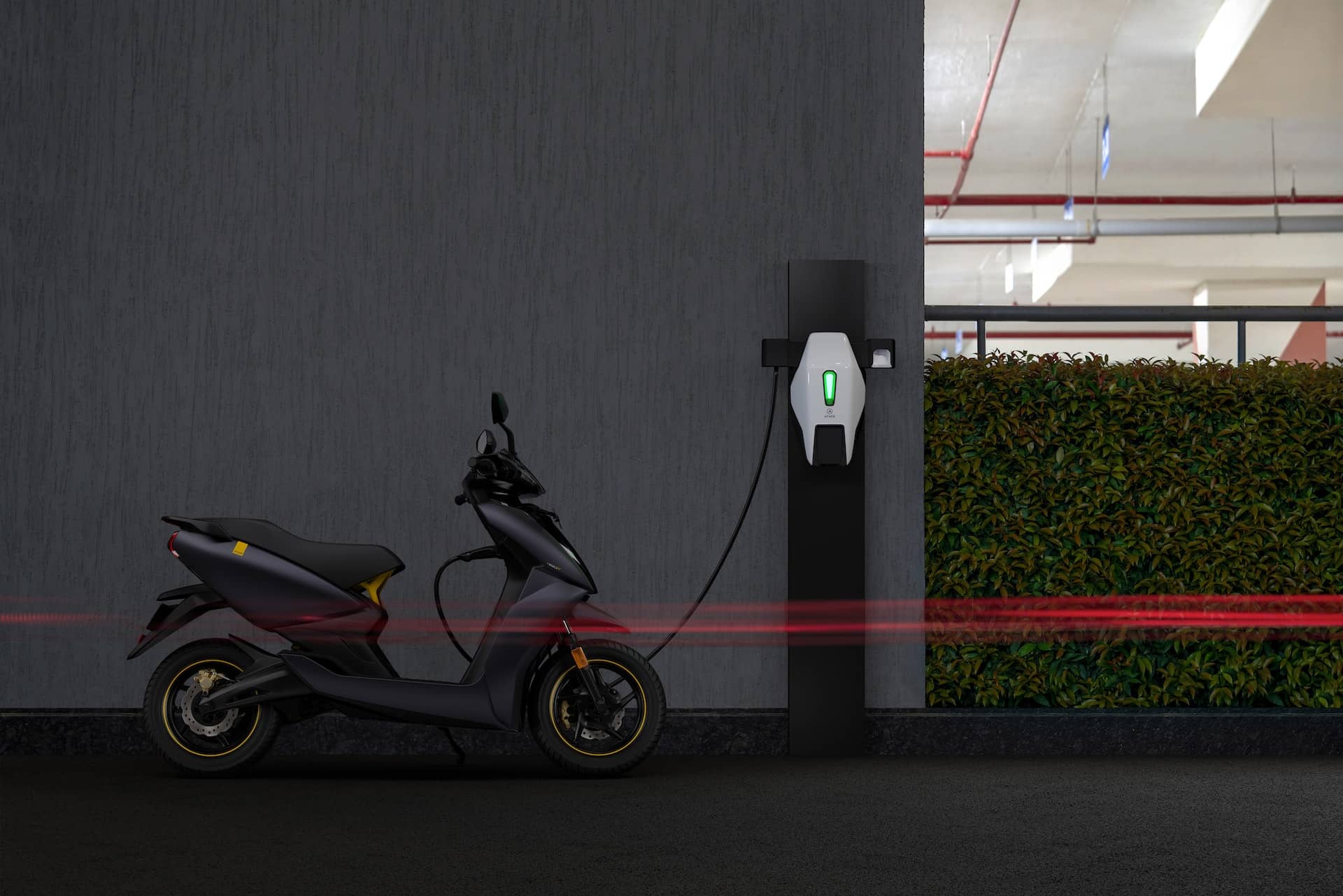Can I Charge my Electric Vehicle at Work?
Charging stations at work would be handy, wouldn’t they? Being able to charge at work can be a great incentive. They’re useful just in case the battery was lower than expected, or you have a long road trip ahead after work, or you just want to prevent the battery from draining. The question is, how available are they?
What Station do You Need?
For an energy boost at work, you’re not likely to need the Level 3 fast-charging DC stations.
The most common charging stations companies provide are Level 2 stations for their quicker charging times and added miles of travel per hour of charging, compared to the at-home level 1 charger.
These are great for the public (that’s you) while not being as expensive as fast-charging.
What Companies Have Charging Stations?
If you work at a large corporation or franchise, you are much more likely to have charging stations at work. This is typically because they are able to afford the purchases, installation, and management fees.
Still, other businesses are catching on that providing these stations can become a reliable second income, as Blink predicts 25% of vehicle sales will be for electric cars by 2025.
Why Not Have EV Stations?
If your workplace doesn’t have charging stations, it may be because
#1: There Are Many Stations Already
Unless their business owns company cars that really rely on having personal charging stations, A business owner may believe their employees can just use one of the 100,000 available charging stations in the U.S. to charge their car.
#2: Installation Costs
Potentially the #1 reason businesses are reluctant to install charging stations, installation costs are infamous. Depending on what level of the station the company purchases, they could spend between $300 and $5000 on just one charging station. If your state government doesn’t have incentive programs for this, businesses wouldn’t be very interested.
Government incentive
Since the late 1900s, the federal government had initiated incentives and laws to encourage businesses to install electric vehicle charging infrastructures.
Some examples of such legislation were the Further Consolidated Appropriations Act of 2020 that provided tax credits for alternative fuel infrastructures, and the Low or No Emission Grant Program of 2021 where funds were given competitively to businesses for purchased EVs and related facilities, like charging stations.
State government support will vary, but many programs exist. California, for instance, has the “Anaheim Public Utilities Public Access Electric Vehicle Charging Station Rebate Program.” This program offers reimbursement up to $5000 to businesses who invest in level 2 charging stations and their installation. According to LilyPad, the EV infrastructure company, it’s possible to receive back $30,000 for their investments.
Additionally, the U.S. Department of Energy has workplace management suggestions for business owners that include limited station use and even pricing plans with the employees.
Conclusion
If you work at large corporate chains, you’re most likely to find a charging station for your car, as long as you’re prepared to pay for the energy the company is providing. If your workplace doesn’t have them, there are plenty to go around.










